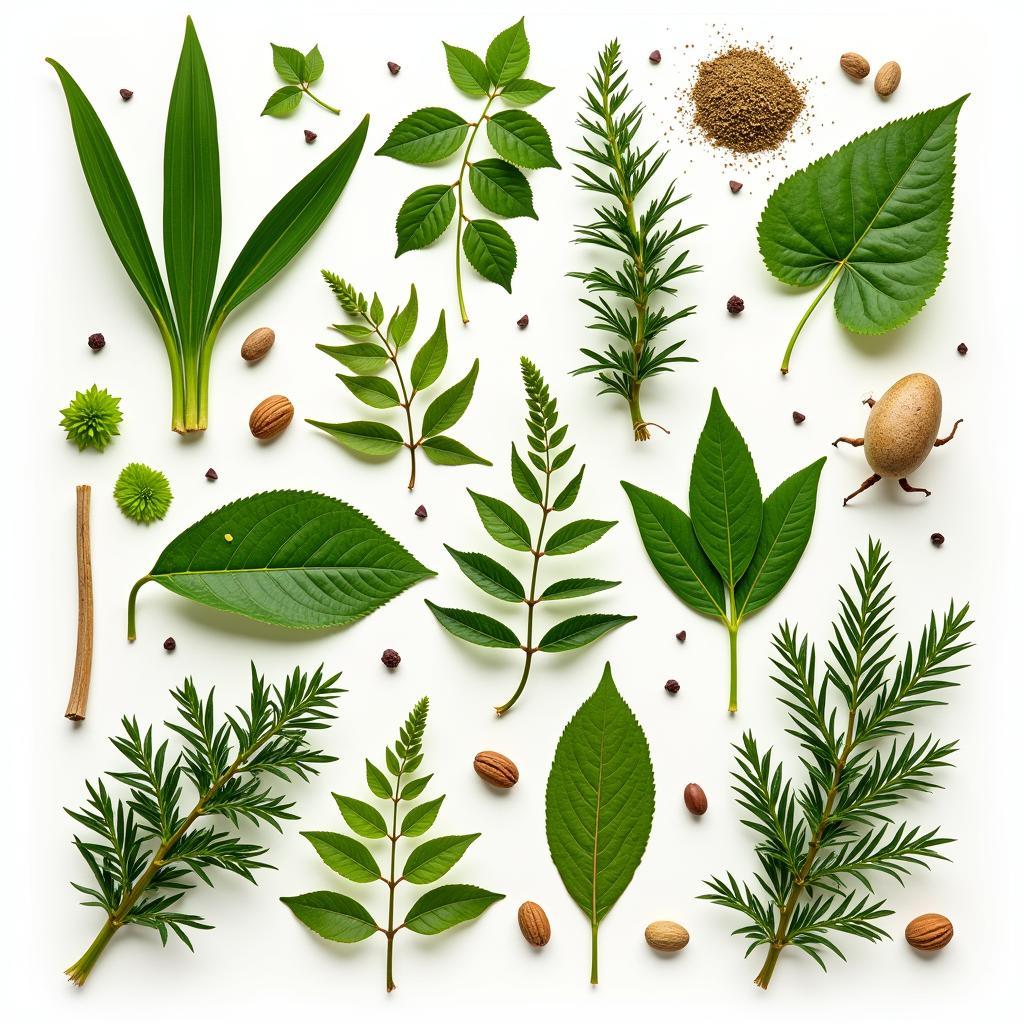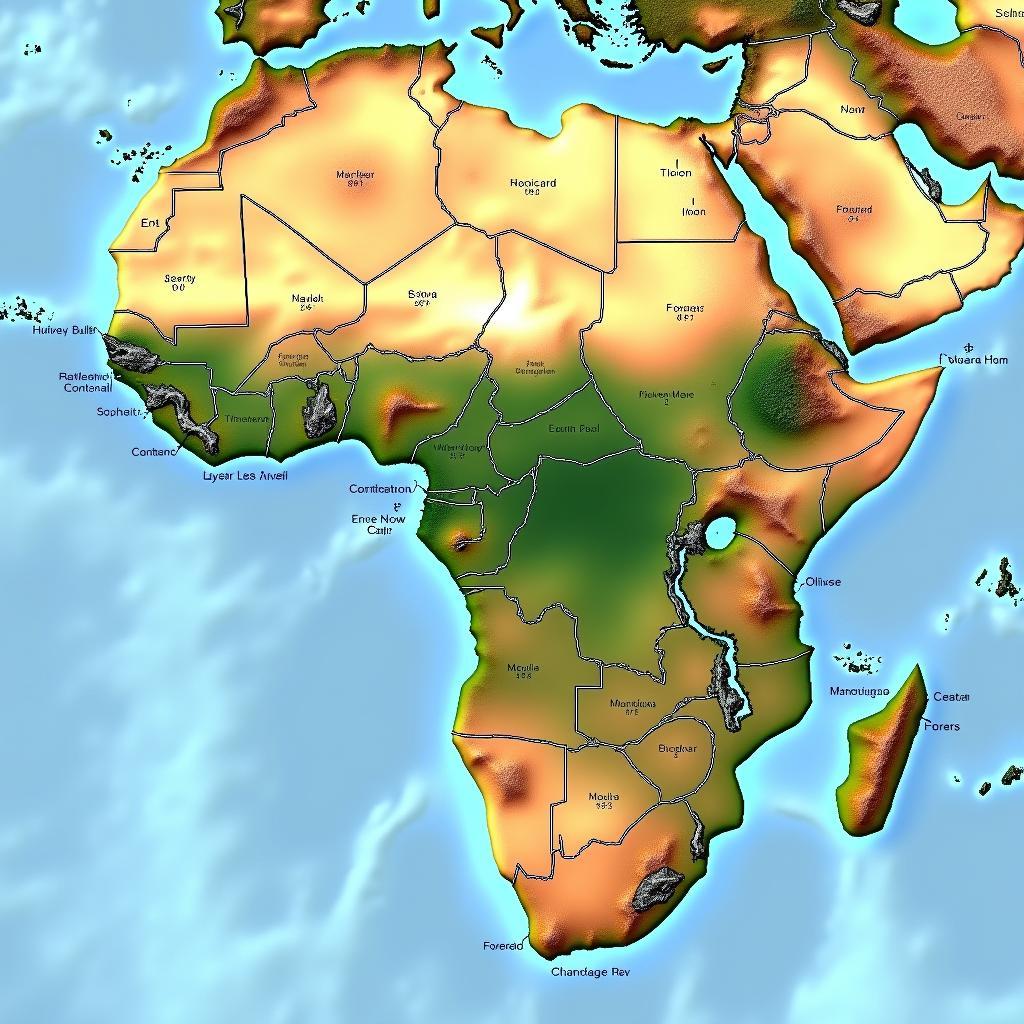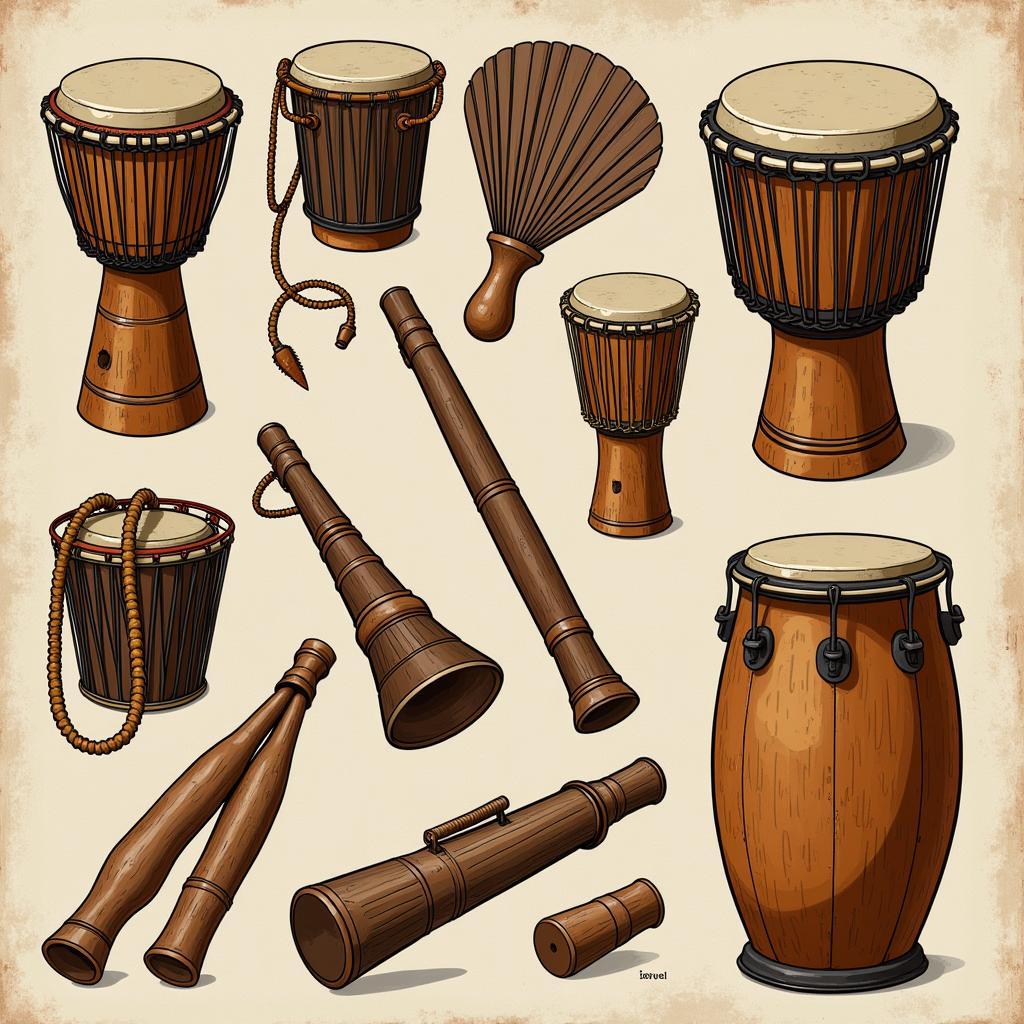Navigating the African Cough: Symptoms, Causes, and Remedies
The African cough. A phrase often uttered with a blend of curiosity and concern. This continent, rich in diversity and history, sometimes finds itself battling health challenges that seem as vast as its landscapes. While not a medically recognized term, “African cough” likely refers to a range of respiratory illnesses prevalent in certain regions of Africa.
Understanding the “African Cough”: A Multifaceted Issue
It’s important to understand that “African cough” doesn’t point to a single disease, but rather serves as a colloquialism. The causes can be as varied as the continent itself:
- Infectious Diseases: Tuberculosis, unfortunately, remains a serious concern in parts of Africa. Other infections like pneumonia, whooping cough, and respiratory syncytial virus (RSV) also contribute to respiratory illnesses.
- Environmental Factors: Air pollution, particularly in rapidly growing urban areas, can exacerbate respiratory problems. Additionally, exposure to dust, smoke from cooking fires (especially indoors), and allergens plays a role.
- Malnutrition: In regions where access to nutritious food is limited, individuals, particularly children, may have weakened immune systems, making them more susceptible to respiratory infections.
- Limited Healthcare Access: Unfortunately, access to quality healthcare remains a challenge in some areas. This can delay diagnosis and treatment, potentially leading to more severe cases of respiratory illnesses.
Is it just a Cold, or Something More?
Distinguishing a common cold from something more serious is crucial. While a simple cold usually clears up within a week, more serious conditions require medical attention. Here are some signs to watch for:
- Cough lasting longer than two weeks
- Difficulty breathing or shortness of breath
- Chest pain
- High fever
- Coughing up blood
- Unexplained weight loss
If you or someone you know experiences any of these symptoms, seeking medical advice promptly is essential.
Traditional Remedies and Modern Medicine: Working Together
 Traditional African Medicine for Coughs
Traditional African Medicine for Coughs
For generations, communities across Africa have relied on traditional medicine to address various ailments, including coughs. These practices often involve using herbs, roots, and other natural ingredients. While some remedies may offer soothing relief, it’s vital to consult with healthcare professionals for accurate diagnosis and treatment, especially for severe or persistent coughs.
Modern medicine provides a range of treatments for respiratory illnesses, from antibiotics for bacterial infections to antiviral medications for viral infections. Early diagnosis and access to appropriate medical care remain paramount for successful treatment.
Protecting Yourself and Others: Preventive Measures
Prevention is always better than cure. Here are some steps to reduce the risk of respiratory illnesses:
- Good hygiene practices: Frequent handwashing with soap and water is crucial. Cover your mouth and nose when coughing or sneezing.
- Vaccinations: Ensure you are up-to-date on vaccinations, including those for pneumonia, influenza, and whooping cough.
- Healthy lifestyle: A balanced diet, regular exercise, and adequate sleep strengthen the immune system.
- Avoid smoking and secondhand smoke: Smoking weakens the lungs and increases susceptibility to respiratory infections.
- Improve indoor air quality: Ensure good ventilation when cooking and avoid burning solid fuels indoors.
Seeking Help: Resources and Support
Understanding the range of respiratory illnesses common in Africa and recognizing the importance of early diagnosis and treatment is vital. For those seeking more information or assistance:
- Local healthcare providers: Your first point of contact should be your doctor or local clinic.
- World Health Organization (WHO): The WHO provides valuable information and resources on various health topics, including respiratory illnesses.
- Centers for Disease Control and Prevention (CDC): The CDC offers travel health recommendations and information on infectious diseases prevalent in different regions, including Africa.
Navigating the complexities of the “African cough” requires awareness, proactive measures, and access to appropriate healthcare. By working together, we can strive to improve respiratory health and well-being across the continent.


